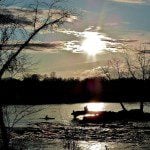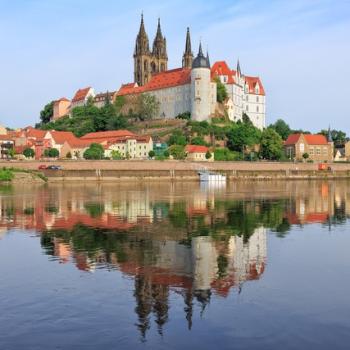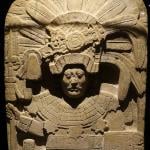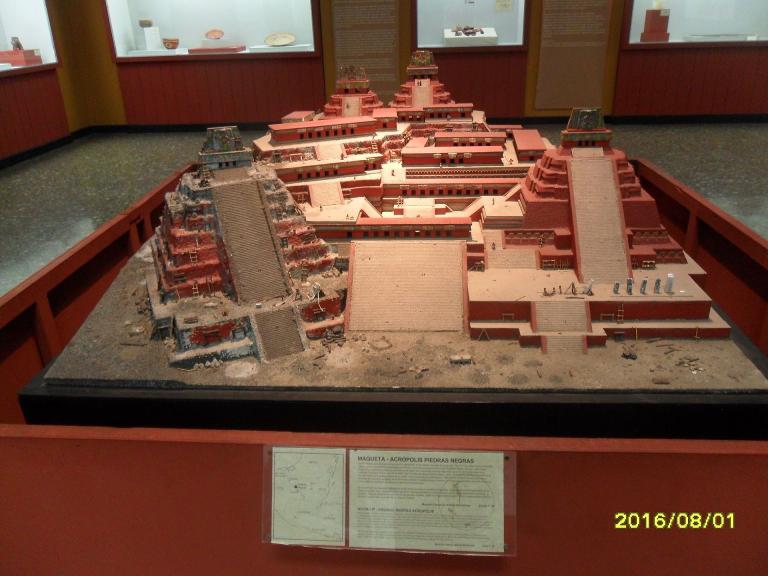
It seems appropriate to jot down some lines on my life history on a Sabbath day, so here’s a note toward my eventual autobiography (which — don’t worry! — I have no anticipation of ever publishing):
Many years ago, I went down to Guatemala with a couple of others to look in on an archaeological dig that was being conducted by an expedition sponsored by Brigham Young University at a place called Piedras Negras. The site is located in the jungle on the northern bank of the Usumacinta River in Guatemala’s northwestern “department” of the Petén, accessible only from the river. The old Foundation for Ancient Research and Mormon Studies (FARMS) was helping to support it in specific ways, and we were leaders of FARMS. After a few days, some of our family members came down to join us. (My own children were too young to do so at the time.)
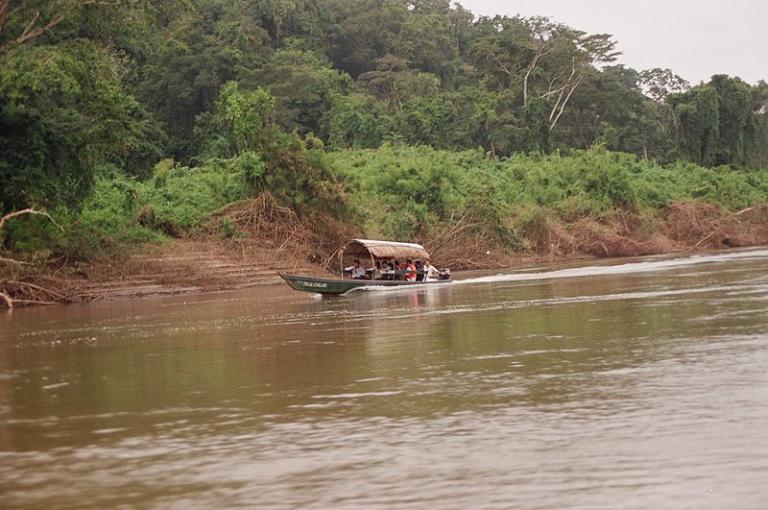
One day, many of us were swimming in the river, near the archaeological site (and near our camp). I had read that one of the original archaeological investigators of the site had drowned there the better part of a century before, and I knew that there were fairly serious rapids located not too far downstream. But we had found a peaceful bend in the river with virtually no current, and we were careful not to venture out into what was, literally, the mainstream.
Everything was going, umm, swimmingly for quite a while. Although it was the “dry season,” we had already been obliged to move our tents once or twice to escape the rising river, and the climate was painfully humid. So the coolness of the river was a great relief.
There was a young man from our group who was dog-paddling not far from me, and I checked on him from time to time. Suddenly, I noticed that he seemed to have received a jolt and that he had begun to move fairly quickly downstream. He had inadvertently found his way into the river’s central current.
I could tell that he was a bit concerned, so I went after him. I’ve always felt comfortable in water, more so than out of it. I was a strong swimmer even as a child; I swam competitively in high school.
By the time that I reached him, I myself was surprised — shocked, really — at the strength of the river. It was considerably greater than I had expected. I grabbed him and began to try to pull him back to the northern bank of the stream. Because I was holding on to him with one arm, though, I was using the side stroke, which is a nice leisurely swimming style but not a particularly strong or continuous one.
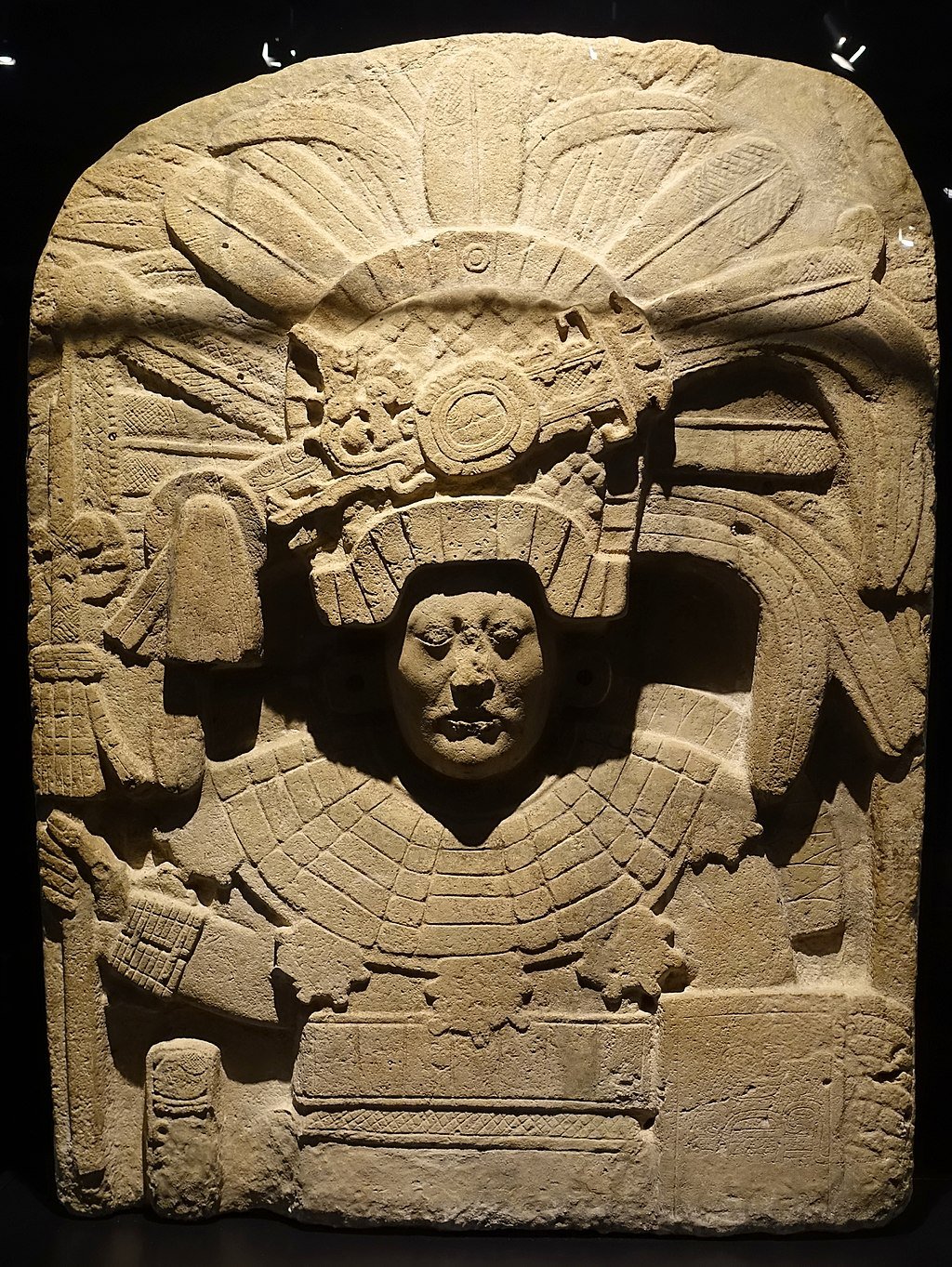
For the first (and, thus far, the only) time in my life, I began to worry about how this was going to end. We were moving rather rapidly down the stream, and I was making little or no progress toward the northern bank. I didn’t know exactly how far the rapids were. I was absolutely certain that, if I were to let him go and to swim for myself, I would be able to make it to shore.
But how could I let him go? His father was standing on an eminence on the northern bank, shouting encouragement to us. How, if I were to let him go, could I ever face his father?
I’ve thought, since, how little “courage” really had to do with it. I didn’t feel especially courageous. If anything, I was aware of how horrible it would be were I to let him go and were he perhaps to drown. Not only could I never have faced his parents, I thought that I would never be able to face anybody ever again.
So I went on struggling to get him back to the northern bank. It soon became apparent to me, though, that we were unlikely to make it. (If he himself was swimming at all, I was unaware of it and I don’t remember it. He was, to the best of my recollection, essentially dead weight while we were in the river.)
Accordingly, I decided to try to make the opposite bank, the southern bank. There was nothing over there, but at least it was dry land. Even so, at first I was making no progress. And then, at just about the time that I was ready not to “give up” but to resign myself to the fact that we weren’t likely to reach the shore, the current suddenly seemed to go still and I was able to make the final five or ten yards with almost no problem at all. Soon, some of the folks onshore brought one of our boats across and picked us up from the riverbank.
I’ve wondered since, Were we really in danger of drowning? I don’t want to make this out to be anything bigger than it really was, but my serious sense is that, yes, we were. It really was the only time in my life that I’ve ever feared water. I was unnerved afterwards. And I’ve also wondered, was I heroic that day? I honestly don’t think so. I certainly didn’t seek the opportunity out. Happily, I’m a good swimmer, and I simply did what I thought I had to do. I didn’t see any realistic alternative. Certainly no honorable one.
And I’ve wondered whether other people, people whom we have praised as heroes, didn’t feel much the same way when they did their “heroic” deeds, whether they didn’t find themselves in much the same situation. A person who genuinely feels no fear in a legitimately dangerous situation strikes me as not so much a hero but a fool. Hasn’t it often been the case that people who have done courageous deeds simply saw themselves, under the circumstances, as duty-bound to do them? Not joyous or exultant or insanely foolhardy, but obliged. I certainly did.
A few weeks after our return from Guatemala, a number of us were at an outdoor public event where someone who had not been there, but who had heard of the episode, much too loudly (and in a very inappropriate way) alluded to my involvement and wondered whether the parents of the young man had rewarded me in any way. They were very wealthy, and they were standing nearby. I wanted to sink into the pavement. I was mortified. To this day, I don’t know whether they heard his comment or not. The idea of a “reward” had never entered my mind. Rather, at the moment of decision, I had feared their sadness, pain, and disappointment had I not acted. I suppose you could even say that I acted out of cowardice
That experience is unique in my life. I reflected on it quite a bit for a few weeks afterward, but haven’t thought about it for years now. I don’t know what brought it to my mind again today. Maybe, traveling from Richmond to Washington Union State by train on an overcast day, it was crossing over several rather muddy brown rivers that are thickly forested on each side. They may have reminded me, just slightly, of the appearance of the Usumacinta.
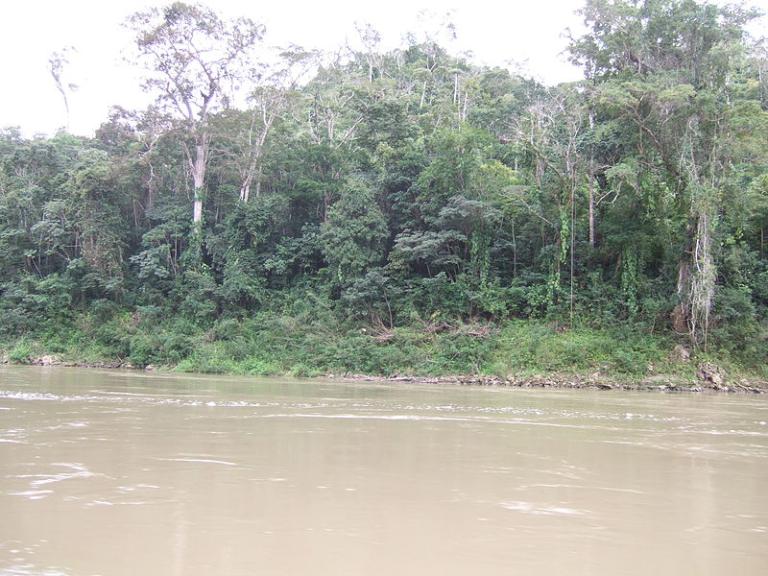
Here is a little-known story, retrieved from the Christopher Hitchens Memorial “How Religion Poisons Everything” File™, of the evil deeds perpetrated by an early-twentieth-century European religious fanatic. Even the most noble efforts of devoted secular humanitarians have, thus far, been unable to erase her entirely or to wholly repair the wickedness that she did: “Grand Duchess Elizabeth: The Light that Overcame the Darkness of Bolshevism”
Posted from Washington DC


